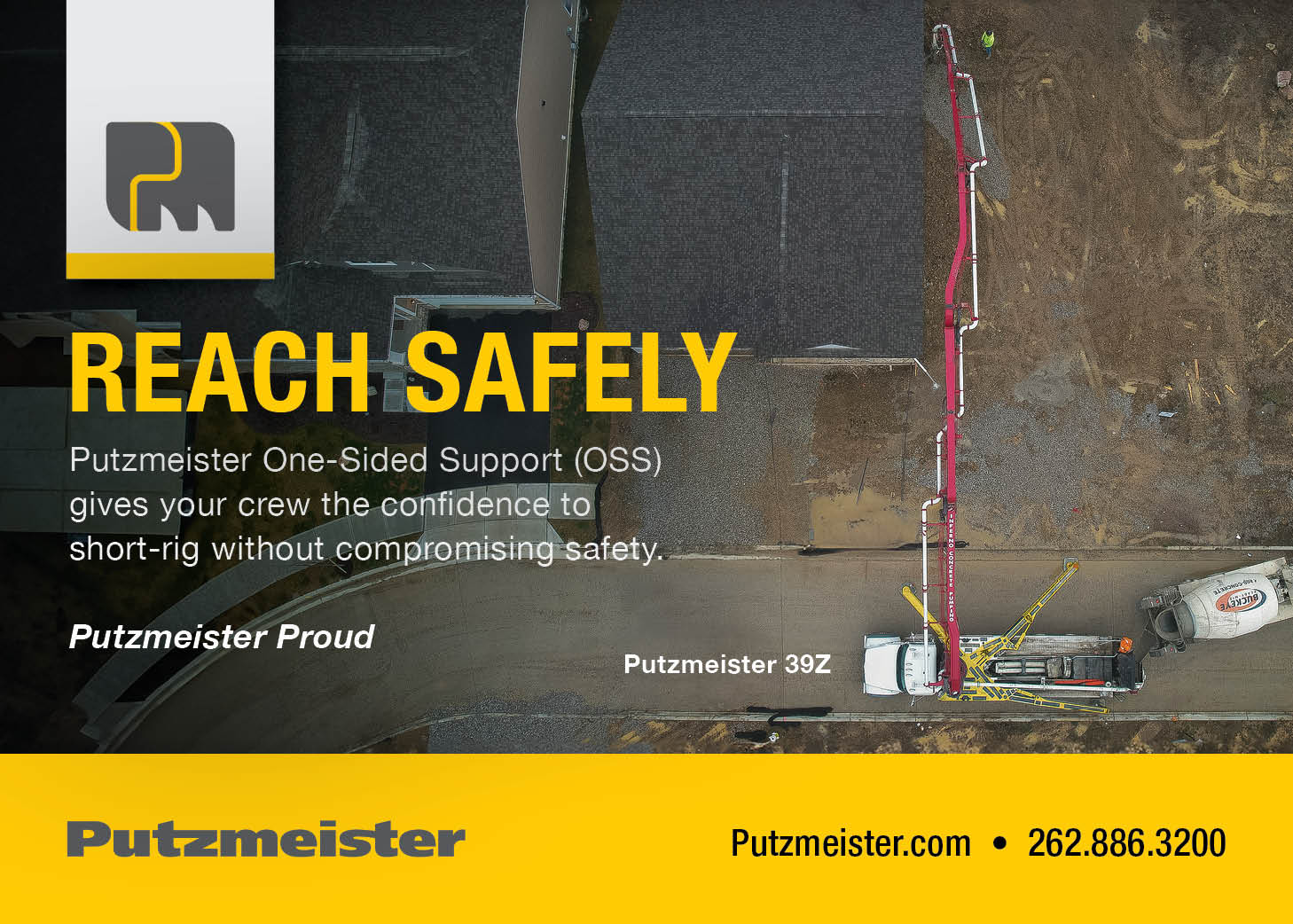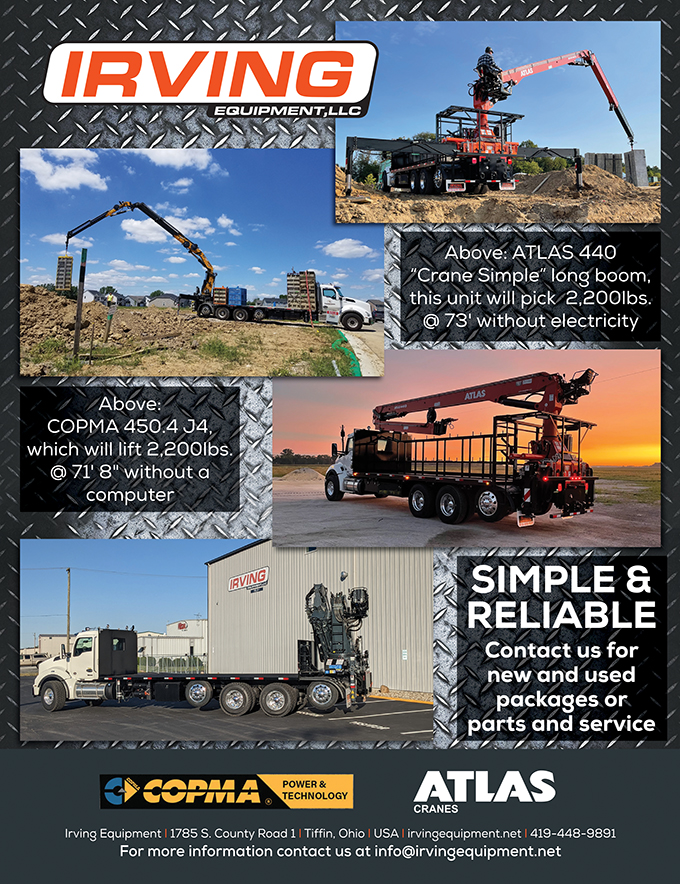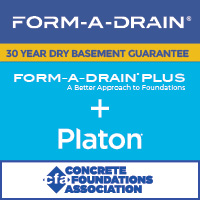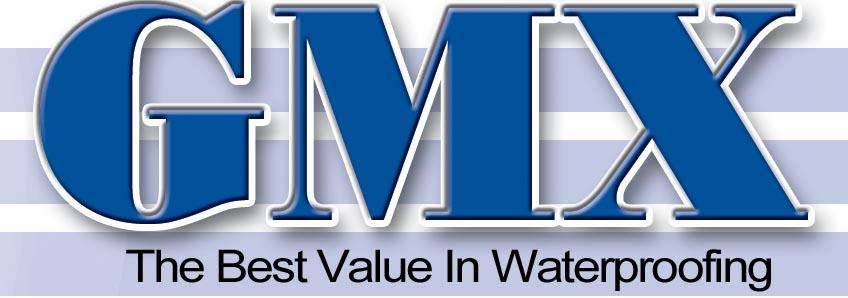Responding to an OSHA Inspection (Part 2)
By Mark A. Lies, II & Elizabeth Leifel Ash
INTRODUCTION
In Part One of “Responding to an OSHA Inspection,” the focus was determining whether OSHA (the U.S. Occupational Safety and Health Administration) had the right to conduct the inspection and, if it did, the proper scope it should have. As anyone who has ever experienced an OSHA inspection is well aware of, a key element is the agency’s interviews of employees by the compliance officers from OSHA. Unfortunately, a lot of confusion has occurred over the respective rights of OSHA, the employers and the employees. Part Two will discuss these important, respective rights during an interview.
INSPECTION CONDUCT
During any inspection, the compliance officer will request employee interviews (both management and non-management employees) in order to gather facts as to whether there may have been violations of the agency’s regulations. Many employers fail to advise their employees of their rights during such interviews, and these rights are rarely exercised. If the employee gives inaccurate, incomplete or confusing responses, their statements can be the basis for civil citations with monetary penalties, or worse, criminal liability. The general rights of the various parties are as follows:
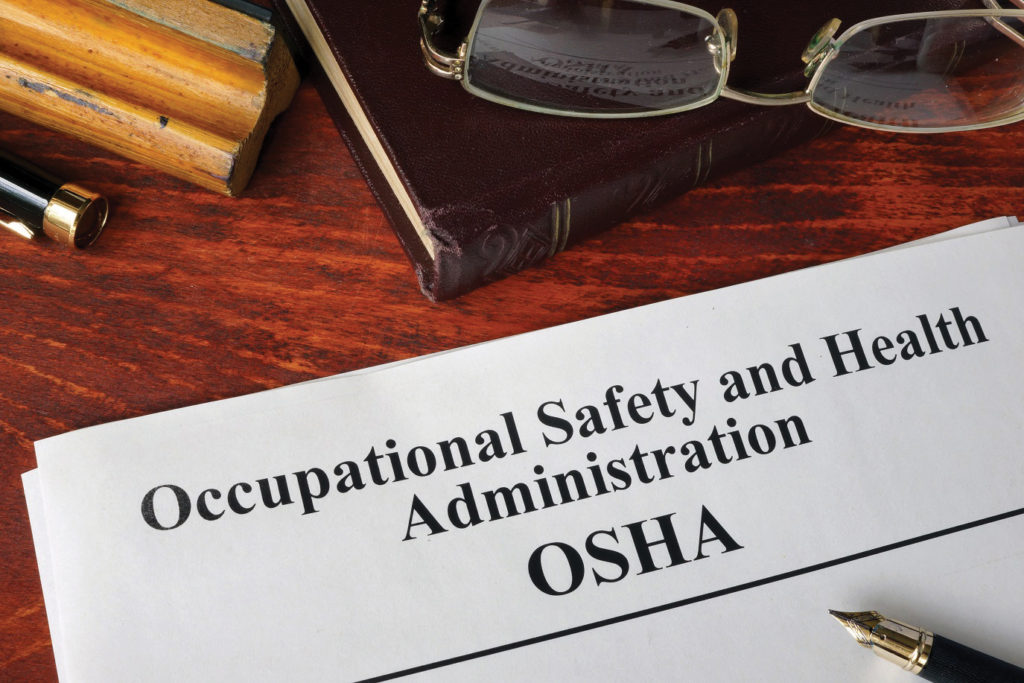
Employee Rights
The employee has a right to a private, one-on-one interview with the compliance officer, which is confidential and is considered “protected activity.” The employee cannot suffer any “adverse action” from the employer for exercising this right. The compliance officer cannot disclose the contents of the interview.
- The employee has a right to refuse to be interviewed by the compliance officer. Many employees are reluctant to speak to compliance officers because they have been emotionally impacted by an accident in which a co-employee has been injured, or they are fearful of speaking to a governmental representative. Some employees feel that they may be intimidated or manipulated during the interview to expose them to liability. In this regard, an employee cannot be forced to have a private, one-on-one interview. These interviews are totally voluntary. If the employee declines to be interviewed (and the employee need not give any reason for the decision) the agency will have to decide whether to obtain a subpoena to require the interview. If the agency obtains a subpoena, the employee has the full scope of rights to respond, including the right to counsel.
- The employee has a right to decline to have a one-on-one, private interview and the right to have a person of their choice attend the interview and, if the compliance officer refuses to allow this person to attend, decline to be interviewed. Some employees feel comfortable being interviewed if they have another person present during the interview. Again, if the compliance officer refuses to allow this other person to attend, the employee can decline the interview for no reason.
- The employee has a right to end the interview at any time for any reason. Since the interview is completely voluntary (unless OSHA has obtained a subpoena, in which case the employee has additional rights and should consult legal counsel), the employee can end the interview at any time and can leave without any explanation.
- The employee has a right to refuse to sign a statement, be tape recorded or be photographed. Again, since the interview is voluntary, the employee cannot be required to sign a statement. Under most state eavesdropping laws, any individual can refuse to be tape-recorded, and they do not need to provide a reason. In a number of states, it is a criminal offense to tape-record a conversation without the permission of all persons in the conversation. Finally, any person can refuse to have their photograph taken.
OSHA Rights
- The compliance officer has the right to interview an employee in private, if the employee consents.
- OSHA has a right to have truthful responses to their questions.
- OSHA has employer rights.
- OSHA has the right to inform its employees of their rights during the inspection.
- OSHA has the right to participate in non-private employee interviews and, if the compliance officer refuses, require that the interviews occur on non-paid work time.
- OSHA has the right to end the interviews if they become disruptive – that is, if they unreasonably interfere with ongoing work, or become confrontational, in which case the employer should consult legal counsel regarding the termination of the inspection.
EMPLOYEE RIGHT TO LEGAL COUNSEL
Since every employee has the right to have a person of their choice present at the private interview, it is obvious that the employee has the right to have legal counsel present as that person. A more fundamental right of every employer (and citizen) is to have representation by counsel in any administrative or judicial proceeding. In addition, in most jurisdictions, the employer has an obligation to defend its employees when they are faced with liability for acts that occurred within the scope and course of their employment. Thus, the right to have legal counsel, if the employee so elects, is unquestionable.
EMPLOYEE POTENTIAL CRIMINAL LIABILITY
Another significant issue which may arise during an OSHA inspection after a serious accident involving a fatality or multiple injuries is potential criminal liability for the employer and individual employees. A basic right under the United States and state constitutions is the right against self-incrimination (under the Fifth Amendment).
Unfortunately, when the inspection occurs, it is impossible to determine whether criminal charges may result months or years later, by which time employees may have incriminated themselves in the OSHA interviews and exposed themselves to criminal liability. For this reason, it is even more important that legal counsel be considered for the OSHA interviews.
NO CRIMINAL MIRANDA WARNINGS
Another potential problem that warrants legal counsel is the fact that before the interview, the OSHA compliance officer is not required to give the employee the Miranda warnings:
- The employee has a right to remain silent.
- The employee’s statements can and will be used against them.
- The employee has a right to have an attorney.
- The state must provide the employee with an attorney if the employee cannot afford an attorney.
Thus, employees may unknowingly expose themselves to criminal liability during an interview without any warning from the compliance officer during the interview. Compliance officers are not required to give the Miranda warnings because they are not police officers, and the employee has not been placed under arrest.
OSHA OBJECTIONS TO LEGAL COUNSEL
Unfortunately, in many inspections, OSHA objects to the employee having another person present, including legal counsel. In the instances where OSHA does agree to allow the employee to have legal counsel, the agency objects to allowing the employee to utilize the employer’s attorney, who has been provided at no cost to the employee. OSHA claims that such attorney may have a conflict of interest representing the employer and also representing the employee in the interview. It should be noted that it is not OSHA’s right to object to any potential conflict of interest. Rather, it is solely the employee’s right to accept the attorney, so long as the attorney has discharged his or her legal obligation to discuss potential conflicts of interest with the employee and so long as any potential conflict can knowingly be waived.
Another reason OSHA objects to the employer’s legal counsel (which is provided at no cost) is because the employee may be exposed to retaliation by the employer for what is said in the interview. This argument is likewise without foundation because the employee is protected from retaliation under Section 11(c) of the Act through participating in the OSHA interview or inspection. Thus, it is patently inappropriate and unfair for the agency to object to the presence of legal counsel, provided at no expense by the employer, in an interview that could make an employee face potential criminal liability and that will force the employee to retain other legal counsel at the employee’s expense if the employee wishes to exercise these rights. In most cases, the employee cannot afford to retain legal counsel and thus is effectively denied such counsel.
LANGUAGE BARRIER ISSUES
Because of the diverse nature of many workplaces, an issue arises concerning language barriers between the employee being interviewed and the compliance officer. It is critical that a competent interpreter be made available by the employer to ensure that the employee being interviewed can understand the questions and respond accurately and truthfully. Frequently, the employer will make available a co-employee who is bilingual to perform this role. OSHA may attempt to discourage this other employee from participating in the interview. As we have seen above, the employee who is being interviewed has the right to refuse to be interviewed if the employee is denied the interpreter. In addition, the employer should be cautious about accepting an interpreter offered by OSHA, since there is the potential for this interpreter to pose the questions to the employee in a technical manner that the employee could find confusing. There have been instances where the OSHA interpreter does not speak the particular dialect of the interviewed employee’s language, in which case there is further opportunity for confusion. Unfortunately, when an employee gives responses that are confused or incomplete because the employee cannot understand the questions, this provides an opportunity for citations to be issued to the employer on the grounds that employees are not properly trained and do not understand the employer’s safety and health programs.
CONCLUSION
It is important that employees be advised of their rights prior to and during the inspection so that they can exercise them. If employees are not so informed, they may waive significant legal rights and expose themselves and their employers to potential legal liability.
About the Author
Mark A. Lies, II is a labor and employment law attorney and partner with Seyfarth Shaw LLP, located at 233 S. Wacker Drive, Suite 8000, Chicago, Illinois 60603. Lies can be reached by phone at 312-460-5877 or by email at mlies@seyfarth.com. He specializes in Occupational Safety and Health law, related employment law, and personal injury litigation.
